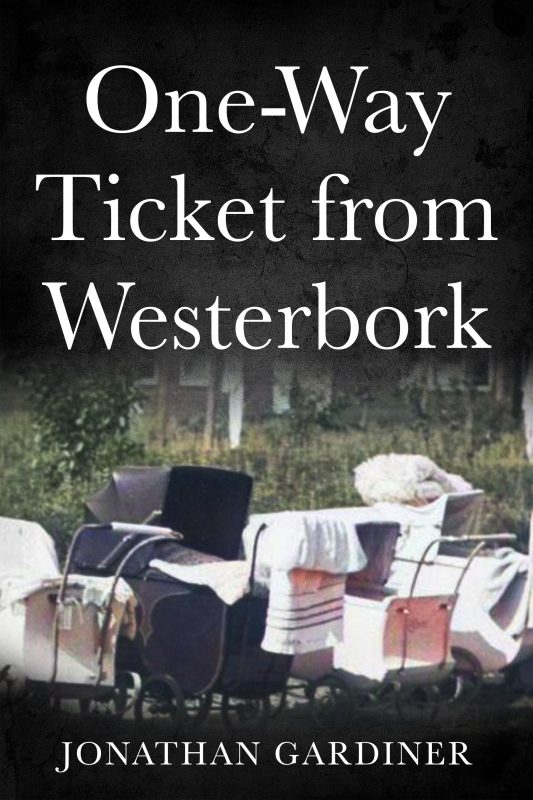Zuinigheid met vlijt (Thrift and diligence) and Haastige spoed is zelden goed (Haste makes waste). These two quotes describing the Dutch as a people prove to have many sides, particularly during the Second World War.
Jonathan Gardiner’s first book is a definitive account of life at one of the lesser known “Transit Camps” within the Nazi death machine. Westerbork, situated in the remote Drenthe region of Northeast Holland, became one of the many physical purgatories utilized by the National Socialists to hold Jews, Socialists, and “Political Prisoners” of the Reich prior to their relocation to one of many “Final Destinations” throughout occupied Europe. Aside from being the brief home of Anne Frank and her family, Westerbork is largely remembered for its vibrant and renowned cabaret, consisting of many of the continent’s greatest names: Camilla Spira, Willy Rosen, Otto Wallburg, Leo Kok, and Max Ehrlich, most of which were sent to their death in places such as Theresienstadt, Mauthausen and Auschwitz. However, this book rips off the proverbial bandage of an important yet often overlooked aspect of the Dutch transit/work camp system. With incredible accuracy and uncompromised detail, Gardiner exposes the degree of cooperation by the Dutch rail system and the Dutch SS which assured the Nazi’s methodical elimination of Westerbork’s inhabitants took place like clockwork.
Gardiner’s exhaustive research examines every train that enters and leaves the compound, revealing the lives of those not only charged with the daily operation of the camp, but those who fell victim to its processes. Oftentimes, WWII retrospectives focus solely upon the victims of persecution. One-Way Ticket from Westerbork certainly accomplishes that task yet brings to the forefront aspects of the war one rarely sees…the cooperation by parties within the occupied country. The Dutch were certainly forced to cooperate, as were all countries swallowed up by the Reich and most found sizeable numbers of businesses and citizens willing to aid their occupiers. Yet, for every instance of traitorous assistance, thousands of ordinary Dutch citizens would defy their oppressors and rise to unprecedented heights of heroism. It is with this backdrop that Mr. Gardiner’s book places Westerbork under extreme scrutiny in order to dissect the day-to-day events of heroism, tragedy and complacency.
Rarely does a book come along that details such cooperation and the lives involved with a clarity and definition previously afforded to only the more infamous German Lager. A must-read for anyone interested in the Holocaust as well as the role of the Dutch in their own occupation, One-Way Ticket from Westerbork gives the reader an insight into the nearly one hundred thousand souls which left this swampy outpost in the Drenthe for regions unknown as well as those responsible for their demise.
– Professor Dr C. Hayes





